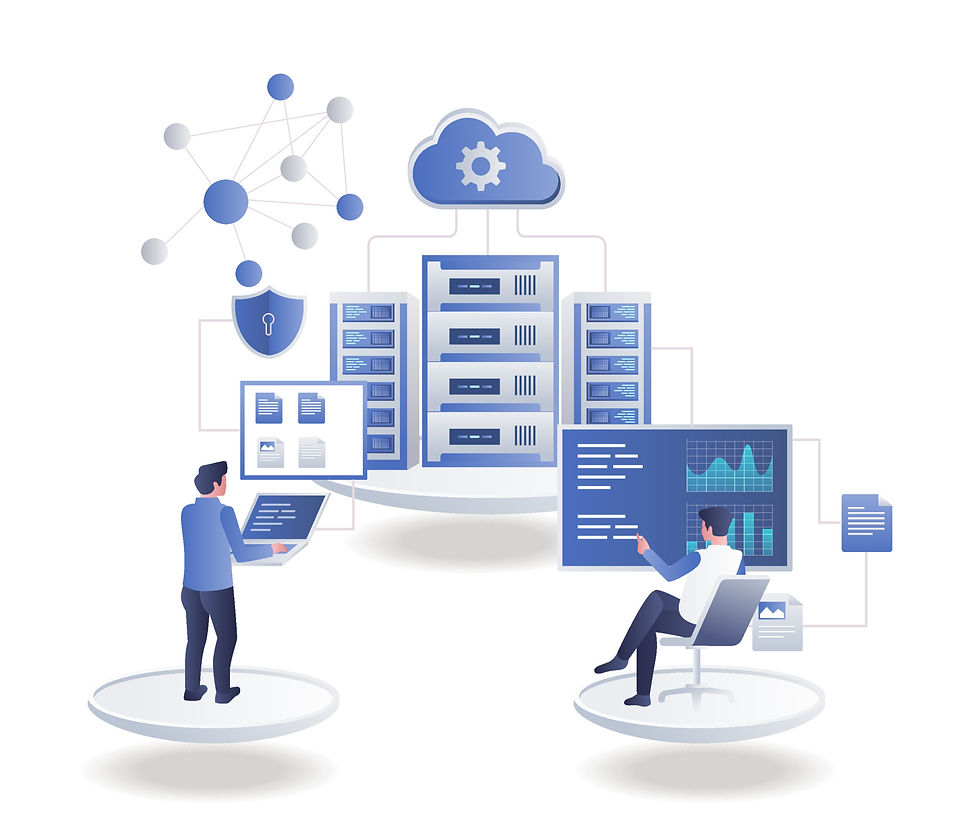
DevOps


DevOps is a combination of cultural philosophies, collaborative practices, and automation tools that enhances an organization’s ability to build, test, and deliver applications and services at high speed. It bridges the gap between development and operations teams, fostering a culture of shared responsibility, continuous integration, and continuous delivery.
By streamlining workflows and automating repetitive tasks, DevOps enables faster release cycles, improves software quality, and reduces time to market. This agility allows organizations to adapt quickly to changing customer needs, respond to feedback in real time, and maintain a competitive edge in today’s fast-paced digital landscape.
Ultimately, DevOps not only accelerates innovation but also improves team collaboration, system reliability, and overall business performance.
What is
DevOps?
In a DevOps model, development and operations teams are no longer isolated in separate silos. Instead, they often collaborate closely or are combined into a unified team, with engineers taking responsibility for the entire application lifecycle—from development and testing to deployment and operations. This encourages team members to develop a broad skill set that extends beyond traditional role boundaries.
In some implementations, quality assurance (QA) and security teams are also integrated into the DevOps workflow, ensuring that testing and security considerations are embedded throughout the development process. When security becomes a shared responsibility across the team, the approach is commonly referred to as DevSecOps.
DevOps teams rely on automation and modern tooling to streamline tasks that were once manual and time-consuming. With the right technology stack, they can rapidly deploy updates, provision infrastructure, and manage applications with greater reliability. These tools empower engineers to perform tasks independently—such as pushing code or configuring environments—without relying on separate teams, significantly increasing development speed and overall efficiency.

How does DevOps work?
Learn More about
DevOps

-
Speed
-
Accelerate innovation, respond to market changes faster, and improve business outcomes
-
Practices like microservices and continuous delivery enable faster development and deployment
-
-
Rapid Delivery
-
Release updates and new features more frequently to meet customer needs
-
Continuous integration and delivery streamline the release process from build to production
-
-
Reliability
-
Deliver application and infrastructure changes with confidence and minimal disruption
-
Use automated testing, monitoring, and logging to ensure consistent performance and quality
-
-
Scalability
-
Efficiently manage complex systems and large-scale environments
-
Leverage automation and tools like infrastructure as code for consistent deployments
-
-
Improved Collaboration
-
Foster a culture of shared responsibility, accountability, and teamwork
-
Reduce inefficiencies through integrated workflows and closer cooperation between teams
-
-
Security
-
Maintain strong security and compliance while moving quickly
-
Implement automated policies and practices like infrastructure and policy as code for secure, scalable management
-